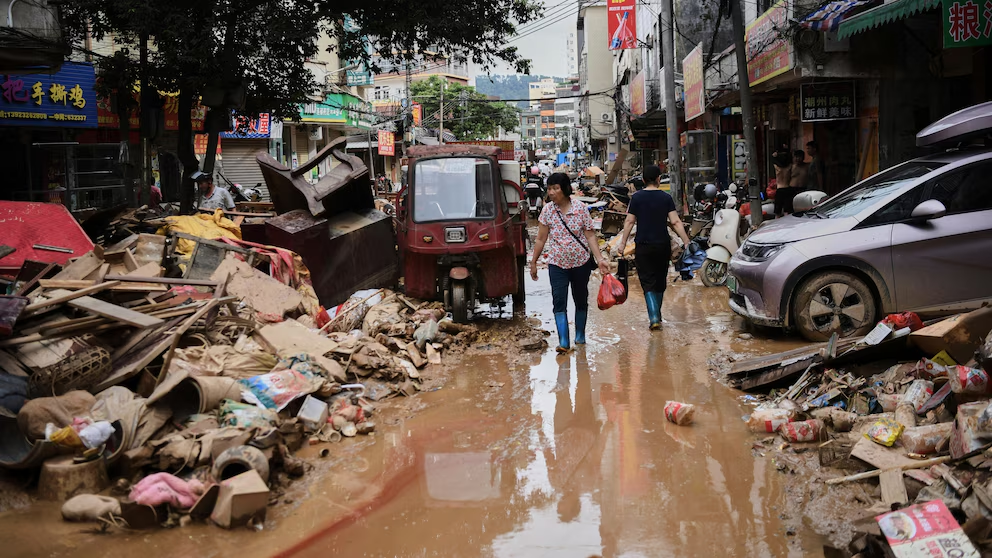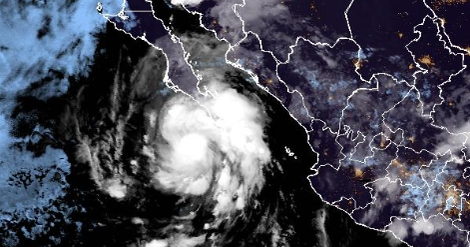China Battles Chikungunya Outbreak with Drones, Disinfectant, and Fines — CDC Issues Travel Warning
TAIPEI, Taiwan — A sudden outbreak of the mosquito-borne chikungunya virus in China has pushed authorities into high alert, triggering a wave of aggressive public health measures and prompting the U.S. Centers for Disease Control and Prevention (CDC) to issue a travel advisory.
So far, over 7,000 cases have been reported, with most of the infections concentrated in Foshan, a major industrial city near Hong Kong in China’s Guangdong province. Although officials say the surge may be slowing, the situation remains tense, with summer heat and heavy rains fueling mosquito breeding at alarming rates.

A Virus on the Rise
Chikungunya, which spreads through mosquito bites, brings high fevers, joint pain, and flu-like symptoms. While it’s rarely fatal, it can be particularly dangerous for young children, the elderly, and those with existing health issues. The virus shares similarities with dengue fever and is typically found in tropical climates — but this year’s outbreak in southern China has been especially intense.
China’s Crackdown: No Water, No Exceptions
In response, Chinese officials have launched a full-scale operation to stop the spread. Workers in hazmat-style gear are spraying clouds of disinfectant across cities — from busy streets and construction sites to residential neighborhoods and office entrances. Mosquito nets, drones, and even fish that eat mosquito larvae are all part of the fight.
But it’s not all voluntary. Authorities are threatening hefty fines up to 10,000 yuan ($1,400) for anyone who leaves standing water — whether in a flower pot, a water bottle, or a backyard container. Some residents have even had their electricity cut off for failing to comply.
A COVID-Era Flashback
In some areas, residents are being reminded of the early days of COVID-19. People infected with chikungunya in Foshan are being forced to stay in hospitals for a minimum of one week, and while a two-week home quarantine was briefly considered, it was dropped after confirmation that the virus does not spread between humans.
U.S. Travel Warning and Global Spread
As a result of the outbreak, the CDC has issued a travel warning, urging U.S. citizens to avoid Guangdong province, including major cities like Dongguan. The advisory also covers other affected regions, such as Bolivia, parts of Brazil, and island nations in the Indian Ocean, where chikungunya is also spreading rapidly.
China Takes No Chances
China has become known for its tough, sometimes controversial, public health tactics — dating back to the deadly SARS outbreak in 2003 and, more recently, its stringent COVID-19 policies. National-level emergency meetings are now underway, with Beijing determined to stamp out the virus before it turns into a broader public health crisis.
With mosquito season far from over and climate conditions adding fuel to the fire, the fight against chikungunya is far from won. But one thing is clear: China is pulling out all the stops — from flying drones to larva-eating fish — to contain the outbreak and prevent it from becoming the next international health scare.



